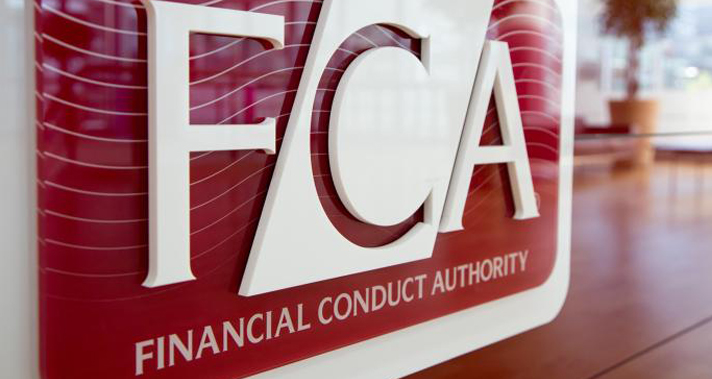The UK’s Financial Conduct Authority has gone to tender for a third party blockchain data analytics provider.
The FCA has come under fire recently for its plodding approach to approving cryptoasset businesses, having assumed responsibility earlier this year for overseeing AML controls at firms operating in the UK.
“As the supervisor of in scope cryptoasset activity in the UK, the FCA requires access to specialist services to support the analysis of cryptoasset blockchain data,” the tender offfer states. “The FCA is seeking the services of a third-party firm specializing in this area who can provide access to a platform that can support the robust and efficient analysis of cryptoasset blockchain data and provide training and ongoing support in the use of this platform.”
Technology providers should be able to use cryptoasset blockchain data to identify and respond to risk and support the development of intelligence and enforcement investigations.
The deadline for applications is mid-day 12 December.



